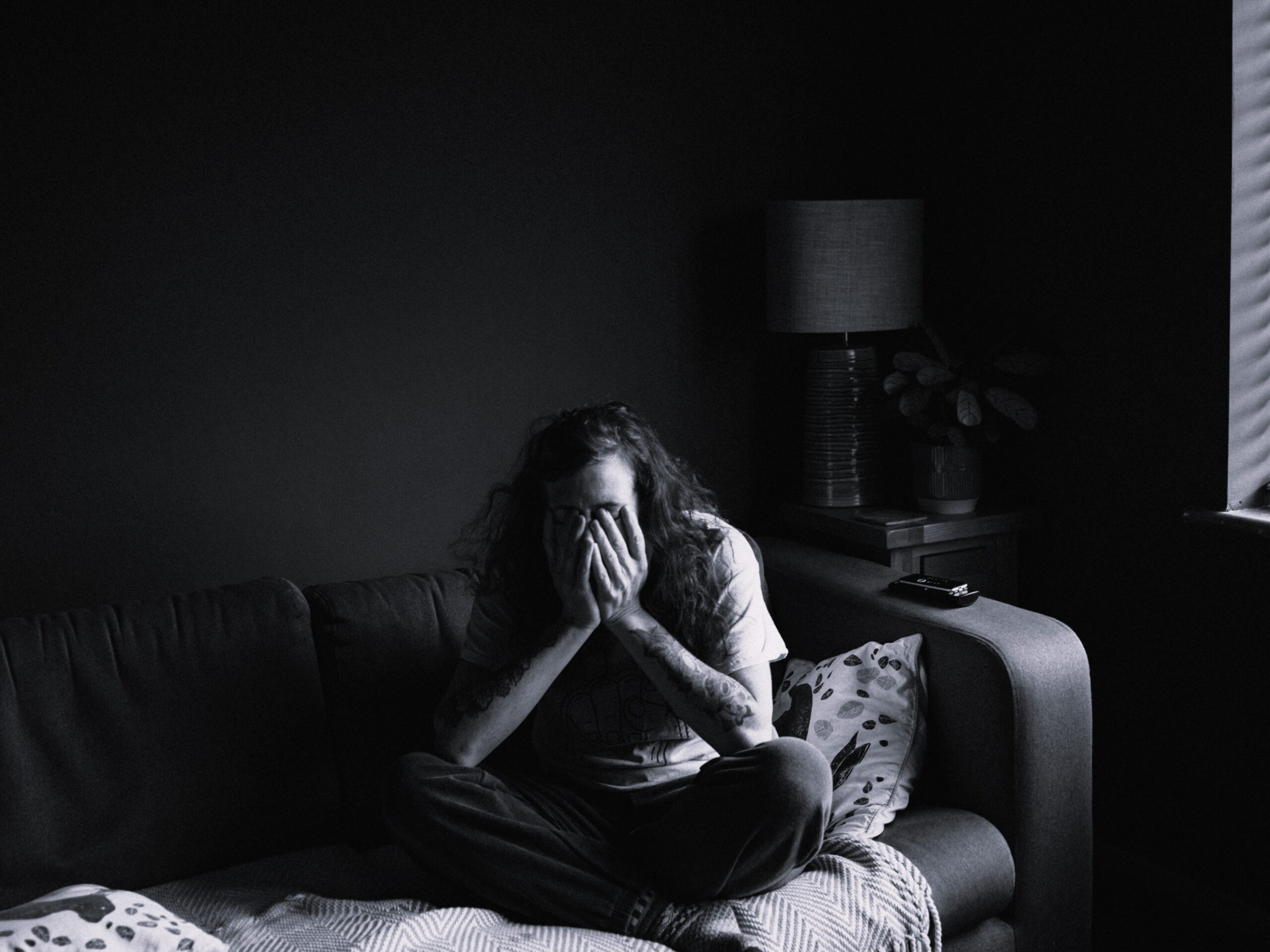Grief and regret go together like peanut butter and jelly. And ruminating on “what if” can get just as sticky. Learn more about the types of regret we experience during loss, and how you can start to get unstuck.
Grief and regret go together like PB&J. And just like a PB&J sandwich, the regret of grief can get sticky. But you don’t have to stay stuck in regret forever. Learn the types of regret you might experience after a loss and how you can begin to get yourself unstuck.
When we lose people we love, regret is a feeling that almost always follows. “I could’ve done something differently,” or “What if I had done X, Y, or Z” are common questions we ask ourselves to make sense of the pain we’re experiencing.
But what is regret? And how does this emotion play into our grief journey?
What is Regret?
Regret (v): to feel sad, repentant, or disappointed over (something that has happened or been done, especially a loss or missed opportunity).
Regret is a feeling you don’t have to run away from, but can accept as an inevitable part of your grief recovery journey. It’s okay to feel regret; it means that you loved deeply and that you cared enough to let your thoughts drift toward what you wish could have been. Regret can show up in two forms: Things we said or did that we wish we hadn’t, and things we didn’t say or do that we wish we had.
“I Regret What I Did.”
No relationship is perfect. Maybe you regret doing or saying something disrespectful, mean, or hurtful to a loved one before you lost them. Let’s say you yelled at your mom for leaving her glasses on the coffee table. Not ideal parting words. But does that one moment define the rest of your relationship? Probably not.
If your relationship with your mother was just one long series of repeatedly yelling at her for leaving her glasses on the coffee table, it probably wouldn’t be a relationship worth missing or having regrets about. (You also might be living in some alternate version of Groundhog Day.)
No, your relationship was so much more multifaceted than that. Give yourself permission to take inventory of all the good memories you have with your loved one. What would they say about your relationship from their perspective?
“I Regret What I Didn’t Do.”
The “shoulda,” “woulda,” and “coulda’s” are known to keep grievers up at night. Why didn’t I say I love you? Why didn’t I run after them? Why couldn’t I fix the problem?
There’s a rabbit hole of endless possibilities that never happened. It’s tempting to channel your anger about a death into self-blame. But falling too far down that rabbit hole can keep you from healing.
For every time you didn’t do something you wish you had, consider how many more times there were that you did do the right thing. For every time you weren’t there, think of all the other times you were.
Write it out if you have to. Seeing it on paper can help you balance the imagined with reality. It can help pull you out of a negative feedback loop and consider the facts of the situation. Sometimes those facts are harder to see when our mind is in trauma-recovery mode.
And remember, you don’t have to stay stuck in regret. It’s a normal part of grieving to feel bad and have regrets, but they don’t have to define your memories of your relationship with your loved one.
How to Handle Regret and Find True Healing
If you are wrestling with feelings of regret after losing a loved one, you are not alone. We see you, we know you’re hurting, and want to offer you a safe place to share your story and feel supported in your healing journey. Contact us today to set up a free discovery call and spend some time with us – we’re here for you.
Sharon Brubaker is a certified Life Coach and credentialed Grief Specialist who, along with her team, teaches women who are grieving how to process their thoughts and emotions. To learn more about navigating grief within the family, listen to the full podcast episode here or download my free e-Book, The Griever’s Guide, which equips you with the tools to live life after grief; because no griever should have to navigate a broken heart on their own.




